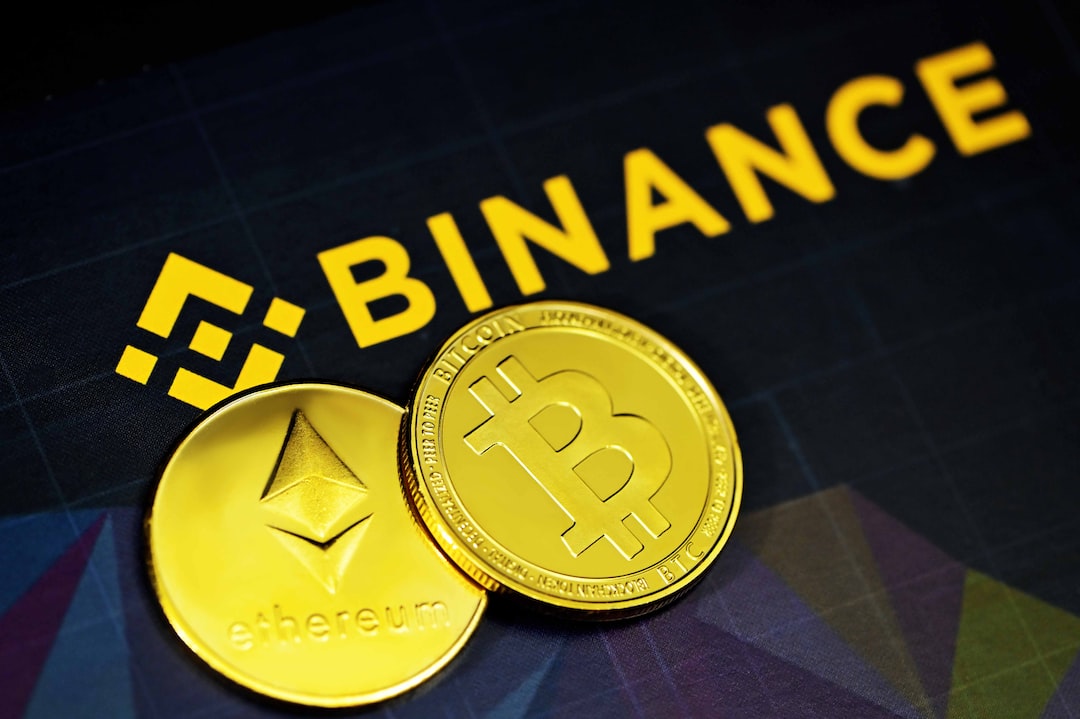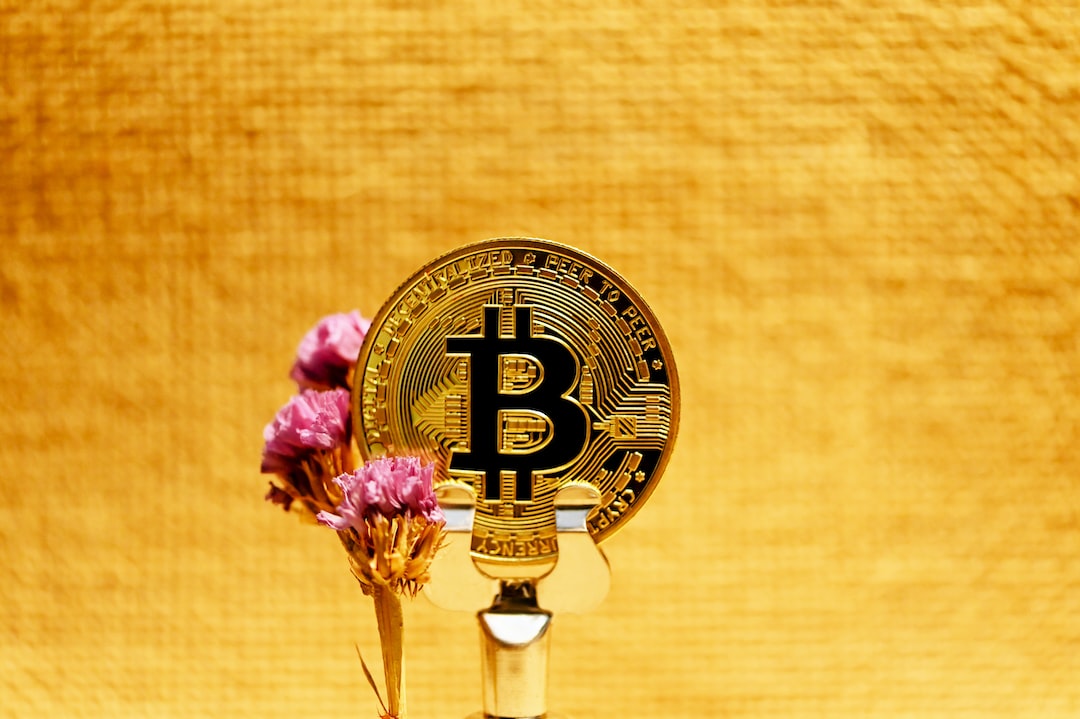Why PYUSD’s Centralization Concerns Need to Be Addressed
PYUSD, the proprietary stablecoin launched by PayPal, has faced criticism from the crypto community due to its centralization concerns. The smart contract’s code presents several vulnerabilities that clash with the decentralized nature of cryptocurrency. This poses a problem as it gives institutions the impression that they can disregard the rules of crypto and reshape the industry in their image. One issue with PYUSD is that it can only be purchased and sold back to PayPal, resembling a closed loop of financial activity. Given PayPal’s history of censorship and lack of transparency, users have valid concerns about using a token controlled by such an entity. The code itself has vulnerabilities, such as the ability to freeze and wipe out account balances, which undermines trust and adoption. PYUSD also has a blacklist function that can lock funds with no recourse, a pause functionality that can halt transfers at any time, and an asset protection feature that threatens decentralization. As a result, crypto natives may be hesitant to fully embrace PYUSD and opt for more established stablecoins. While PayPal’s entry into the stablecoin market signifies a positive shift in traditional finance’s attitude towards crypto, addressing centralization concerns is crucial for PYUSD to gain traction and ensure its resilience against vulnerabilities.
Hot Take: PYUSD’s Centralization Concerns Highlight the Wrong Approach to TradFi-Crypto Integration
PayPal’s entry into the stablecoin market with PYUSD has shed light on the centralization concerns that arise when traditional finance (TradFi) institutions venture into the crypto space. The smart contract’s code reveals features that give PayPal excessive control over users’ finances, such as determining “misinformation” and imposing financial penalties at its sole discretion. Additionally, the ability to transfer all funds from user wallets to PayPal goes against the principles of cryptocurrency, causing hesitation among crypto natives. While PayPal’s move signifies a shift in TradFi’s sentiment towards crypto, the centralization concerns surrounding PYUSD may deter potential adopters who value decentralization. To gain true and lasting traction, PayPal must address these concerns and ensure the stability and resilience of PYUSD against current and future vulnerabilities. The changing attitudes of TradFi towards crypto bode well for the future of decentralized finance (DeFi) and the crypto industry as a whole.





 By
By
 By
By
 By
By


 By
By